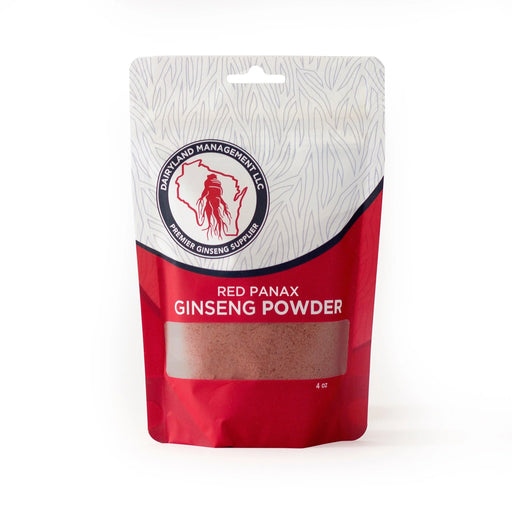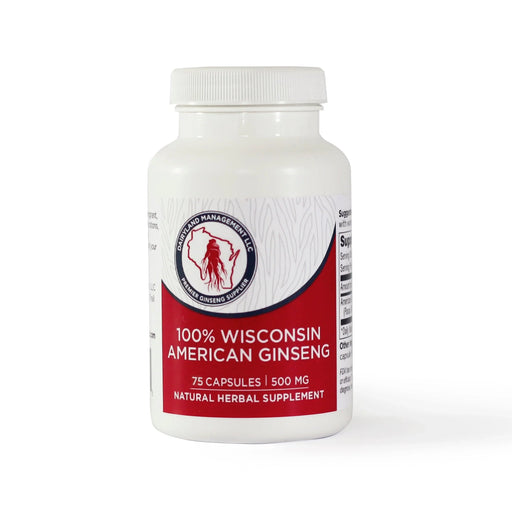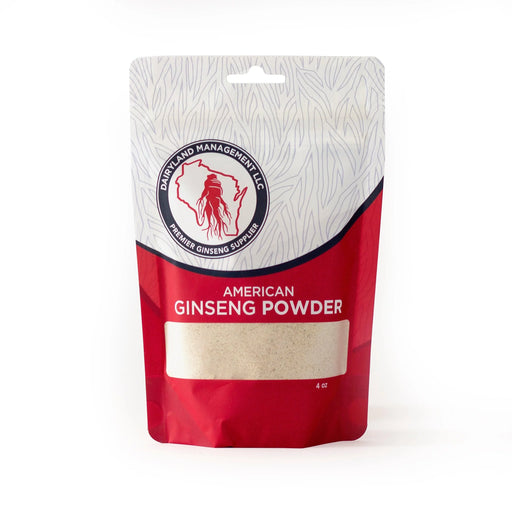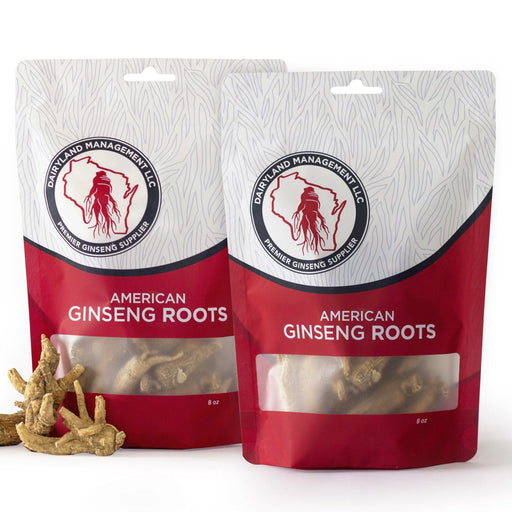Can Ginseng Affect Sleep?
Ginseng is widely used for its adaptogenic properties, providing energy, mental clarity, and overall well-being. However, when it comes to sleep, its effects can vary depending on the type of ginseng, the dosage, and the individual’s sensitivity. While some people report better sleep with ginseng, others may experience insomnia or restlessness. Understanding how ginseng interacts with your body can help ensure you use it in a way that enhances, rather than disrupts, your sleep.
How Ginseng May Affect Sleep
Insomnia or Restlessness:
Korean Red Ginseng (Panax ginseng) is known for its energizing and stimulating properties. As a result, it may cause restlessness or difficulty falling asleep, especially when taken too late in the day. This is primarily due to its ability to increase energy levels and stimulate the central nervous system, which can interfere with the body's natural relaxation mechanisms before bedtime.
For those sensitive to stimulants, high doses of ginseng can amplify these effects, making it harder to unwind and relax. It’s not uncommon for individuals to experience insomnia, anxiety, or heightened alertness after consuming energizing ginseng varieties, particularly in the evening. As a general rule, it is advisable to avoid taking Korean Red Ginseng or other energizing types too late in the day.
Improved Sleep Quality:
On the other hand, American Ginseng (Panax quinquefolius) has a reputation for promoting a calming and balancing effect on the body. Known for its adaptogenic properties, American ginseng tea may reduce stress and anxiety, which can lead to improved sleep quality for some individuals. Unlike the stimulating effects of Korean Red Ginseng, American ginseng is often used to help restore balance and regulate the body’s natural rhythms.
American ginseng’s calming influence on the nervous system can help reduce the stress-induced cortisol levels that often interfere with sleep. Its adaptogenic effects may support the body's natural circadian rhythms, making it easier to fall asleep and maintain a restful night’s sleep. It can be especially useful for people who experience difficulty sleeping due to high-stress levels or anxiety.
Individual Variability:
Timing Matters:
The timing of your ginseng dose can make a significant difference in how it affects your sleep. Since ginseng can have both energizing and calming effects depending on the type, it’s best to take it in the morning or early afternoon if you’re concerned about sleep disruption. Taking ginseng earlier in the day allows its stimulating effects to wear off by the time bedtime approaches, minimizing the risk of restlessness or difficulty falling asleep at night.
For people looking to improve sleep quality with ginseng, it’s essential to start with a low dose, as higher doses may be more likely to cause unwanted side effects like insomnia or jitteriness. By taking ginseng earlier in the day, individuals can enjoy the benefits of increased energy and mental clarity without negatively affecting their sleep.
Personal Sensitivity:
As with many herbal supplements, individuals may respond differently to ginseng. Some people may find that ginseng helps them unwind, reduce stress, and fall asleep more easily, while others may experience the opposite effect, such as restlessness or difficulty falling asleep. This variability is influenced by personal sensitivity to the herb, the dosage taken, and the specific type of ginseng used.
For those who experience negative side effects like insomnia, switching to a less stimulating type of ginseng or adjusting the timing and dosage may help. Starting with a smaller dose and gradually increasing it allows your body to adjust without overwhelming it with too much stimulation.
Recommendations for Better Sleep
1. Avoid Late-Day Doses:
To avoid disrupting sleep, it’s recommended to avoid taking Korean Red Ginseng or other energizing types late in the afternoon or evening. Instead, take them earlier in the day to enjoy their benefits without risking sleep disturbances.
2. Start Low and Go Slow:
When incorporating ginseng into your routine, especially for sleep support, begin with a lower dose to see how your body reacts. Gradually increase the dose if necessary, but avoid exceeding the recommended dosage. This approach minimizes the risk of side effects, such as restlessness or insomnia, while allowing you to gauge the optimal amount for your body.
3. Choose the Right Ginseng:
For those seeking to improve sleep quality, American ginseng may be a better option due to its calming, stress-relieving effects. It is less likely to interfere with sleep than the more stimulating Korean Red Ginseng. Choosing the right type of ginseng tailored to your needs can enhance the effectiveness of your sleep improvement efforts.

Consult a Professional
If you experience ongoing sleep disturbances or have underlying sleep-related issues, consulting with a healthcare provider is recommended. They can help determine the best approach for incorporating ginseng into your routine and ensure that it aligns with your overall health goals.
While ginseng can have both positive and negative effects on sleep, its impact largely depends on the type, dosage, and timing. By using it mindfully and starting with a lower dose, many individuals find that ginseng can promote restful sleep and reduce stress, without disrupting their natural sleep cycle.





